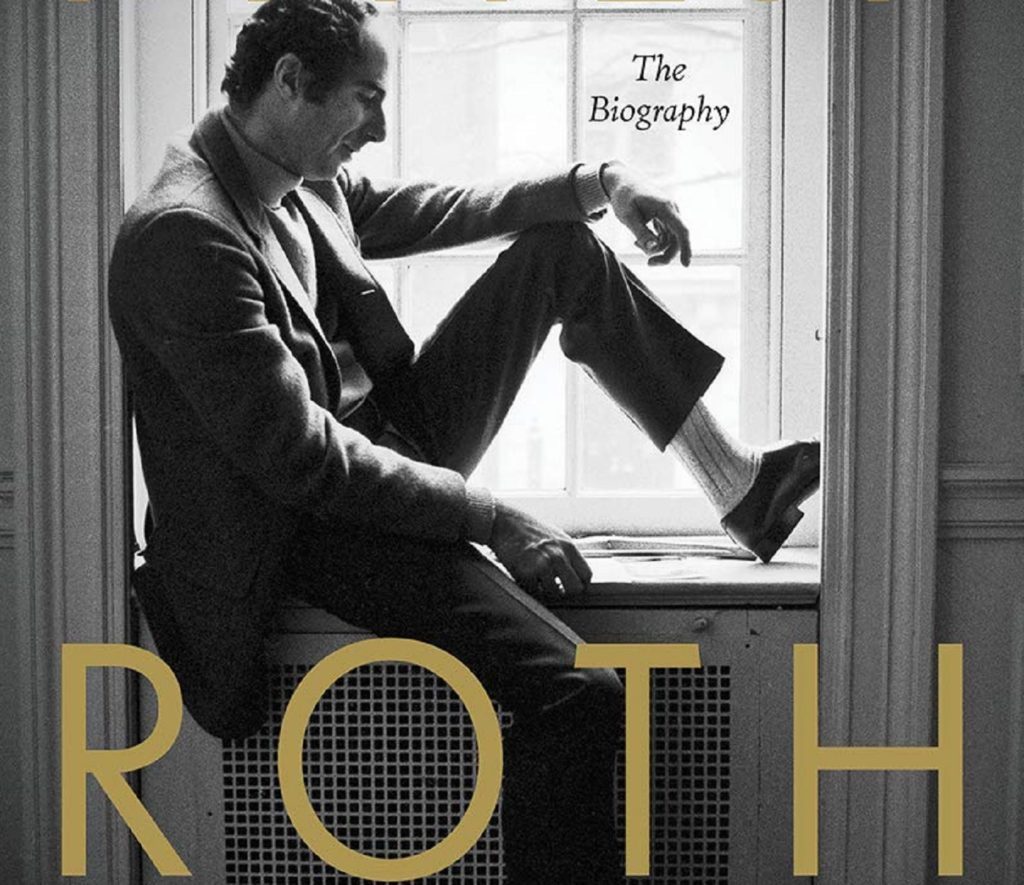Coming out of Our Burrows: Anti-Fundamentalism, Free Speech, and the Academy

A new book pushing back against fundamentalism and advocating open conversation should make readers rethink their positions. What is the proper relationship between abstract reason and personal knowledge in the academic arena? Perhaps it is a sign of admirable intellectual resilience rather than feebleness to have traits of both the hedgehog and the fox.
Are Christianity and Science at War?

In his new book, Kenneth Kemp shows that the relationship between science and theology is not one of warfare. Here and in his other writings, Kemp is at the forefront of contemporary interpreters of evolution and Christian faith.
Rendering Treatment, Refusing Transformation (and Destruction): Preserving Medical Conscience Rights

It is wrong to force religious individuals who are highly skilled medical and mental health professionals to violate their core religious convictions by compelling them to support and participate in terminating life, or in elective therapies that seek fundamentally to alter the human person, whether to achieve transgender ends or transhumanist ones.
The Market and the Macroeconomic Social Contract

To fix the social contract, we need more market capitalism, not less.
Biden, Abortion, and the Temptations of Status: Biblical Lessons from Another “Ordinary Joe”

Joseph’s service to Pharaoh provides important lessons to Jews and Christians considering roles in government in an increasingly pagan America. Today, we neither reign from the throne in Jerusalem nor cower in the catacombs of Rome. Is there a place for us in the palace of Egypt?
For Love or Money: Business as a Formative Community

We often fail to see that business is a morally formative mode of solidarity even as it also serves as a means to prosperity. Aristotle might describe it as a “friendship of utility.” Respecting the communal form of the business firm, which is essential to its productivity, demands a deeper vision of the proper goals and just governance of businesses.
Lessons from the Muslim Situation in France

Nations have cultural and moral foundations, and religion is historically at their core. The secular multiculturalist fails to see why a Christian and a Muslim cannot agree to disagree and fall into peaceable line in a republic. This is because he imagines Christians and Muslims who do not take their respective faiths seriously. Only if neither adheres to basic principled claims of their faiths is it plausible to imagine all potential religious and cultural conflict between the two disappearing.
A Rosy-Cheeked Irish Boy Who Has Come Very Far: An Interview with Dr. Paul McHugh

“Medicine is a humanistic discipline that uses science to accomplish what all human beings would like to see for themselves, in their capacity to sustain themselves. Ultimately it is to aim for a person who could be what God intended him to be.”
When Good Books Are Written by Bad People

To believe that we cannot both enjoy the work of a disreputable artist and condemn the artist is to underestimate our own capacity for ethical discernment and to deprive ourselves needlessly of sources of wisdom.
Called to Courage

If we have a calling in life, it is because someone has called us. God calls each of us by name to a specific path of holiness and service to others. Important as professional success may be, the only success of ultimate importance is holiness. The only real tragedy in life is not to have been a saint.
Storm-Born: What God Revealed at Sinai

Lightning strikes only a single time from the dawn of life until the last line of the Five Books of Moses. Perhaps it does so to teach us all that God’s gift is not an escape from crises but the means to overcome them.
Self-Misgovernment in the Big White Ghetto

Policy can tax vice and remunerate virtue. But policy cannot do what churches, fathers, mothers, friends, and coworkers can do, which is to invite individuals into fruitful, sacrificial communities.
Between Man and Man: Friendship, Law, and the Common Good

Openness to love is the only satisfying defense against the supposed conflict between private happiness and the common good, the only thing that can convert the common good from an abstraction to a lived reality. The most important element of the common good, therefore, is that all of the members of the community regard themselves, somehow, as friends.
Intellectual Diversity Is Not All Academia Needs

The contemporary academy betrays its vocation precisely insofar as it seeks to usurp the wonder of the world and to transpose that wonder onto its own ingenuity. “Look,” says the contemporary scholar, “let me show you how this-or-that is really just an exercise of power. I alone have had the vision to see it.”
Sohrab Ahmari’s Case for Tradition

Sohrab Ahmari’s new book enlightens in many respects, while falling short before the tribunal of moral and political prudence. Still, it succeeds admirably in making the case for “the wisdom of tradition” as the one thing most needful today.
Artificial Wombs and the Right to Life

If stopping gestation no longer inevitably entails the death of a fetus, then the entire landscape of abortion rights and jurisprudence has fundamentally changed.
Freedom and Identity

The greatest enemy of our freedom, which we all must confront, whether we live under a totalitarian regime or in a free society, is our deep-seated tendency to create and cling to a simplistic, false notion of our identity.
Learning in Love: Authentic Friendships and Liberal Learning

I’m not only trying to show younger people the futility of a life based on achievement, but to show that there are ways of thinking about achievement that are better for your soul. One of them is to see your desire to achieve as being inspired by a vision of the good. Ultimately, in the highest things, you end up not thinking about yourself. Once you become excellent at something, whether that’s teaching or writing or being a tax attorney or being a doctor, you’re actually looking for the good of other people. It’s about how you make the lives of others better and encourage them in their pursuits.
Freshman Orientation: An Introduction to Monolithic Higher Education

My snapshot of freshman orientation highlights some of the failures of higher education. Too many universities today no longer teach students how to think but what to think. Instead of a marketplace of ideas, campus has become an echo chamber of ideas. But outspoken students (and faculty) can save the university by thoughtfully and deliberately making their voices heard.
Conversion Therapy Bans: Enforcing a Faulty Anthropology on Sex and Gender

A growing number of jurisdictions have taken steps to pass bans on “conversion therapy,” a term referring to efforts or interventions to change or suppress the sexual orientation or gender identity (SOGI) of persons. These bans enforce a message of expressive individualism—that the only acceptable response is to “affirm” a person’s SOGI—and rest on a faulty anthropology on sex and gender. They infringe upon aspects of individual and group autonomy, and they negatively impact public order, health, and moral considerations.
How to Build Levin’s “Party of the Congress” and Make the Institution Great Again

Yuval Levin is right that we need a “party of the Congress,” a group of members who are committed to exercising the constitutional powers of the House and Senate, not just competing against the opposing party. Because the House is the weaker of the institutional links, the only way the institution of Congress will have a chance to be strengthened is if a “party of the Congress” forms in that chamber. This will require opening up House rules to give rank-and-file members greater opportunities for success as entrepreneurial bipartisan legislators.
Managerial Oligarchy: Why Conservatives Should Oppose Big Business

Free market dogmas are inapplicable to the managerial oligarchy. A politically coordinated cabal of opaquely owned companies is not private property in the way a local coffeeshop is. To do nothing while a managerial mob uses the wealth we have entrusted to them to seize power over us is a betrayal of ourselves, our nation, and our posterity.
The Princess and the Stranger

Stories of encounters between strangers and princesses were common in ancient cultures. The two most famous, about Moses and Odysseus, seem to present a choice between passivity and activity, peace and violence. But the question becomes both more complicated and more interesting when we turn to the princess-and-stranger narrative to end all others.
Our Post-Pandemic Institutions: A Conversation with Yuval Levin

“If you look at today’s Republican senators, there are differences among them about the role of government that are very profound, and that are deeper than anything we’ve seen in two generations on the Right. But they take those differences as reasons to be publicly disappointed with each other, rather than as reasons to actually mobilize some bloc of voters (and politicians, and activists, and intellectuals) and try to negotiate about what the party should offer the country.”




